Does It Matter Where the VPN Server Is?
The general assumption is that VPNs allow you to remain anonymous while browsing the internet. Most people don’t care for much beyond this, including their VPN server’s location, but perhaps they should.
Where the VPN server is matters depending on what you need. Server location influences internet speeds, the ability to bypass censorship, and privacy. If you’re simply browsing, your server location may not matter. However, it’s essential for anyone looking to spoof their location.
This article details how VPNs work, how the server location affects your browsing, and how you can choose the best server location.
It also answers whether you should get a server in your country and some of the countries you can choose for the server location.
Understanding How VPNs Work
Before getting into the details of your VPN server, it’s essential to understand how it works in the first place.
A Virtual Private Network allows you to use the internet to connect to remote sites safely. VPNs mask your IP address by routing your device’s internet connection.
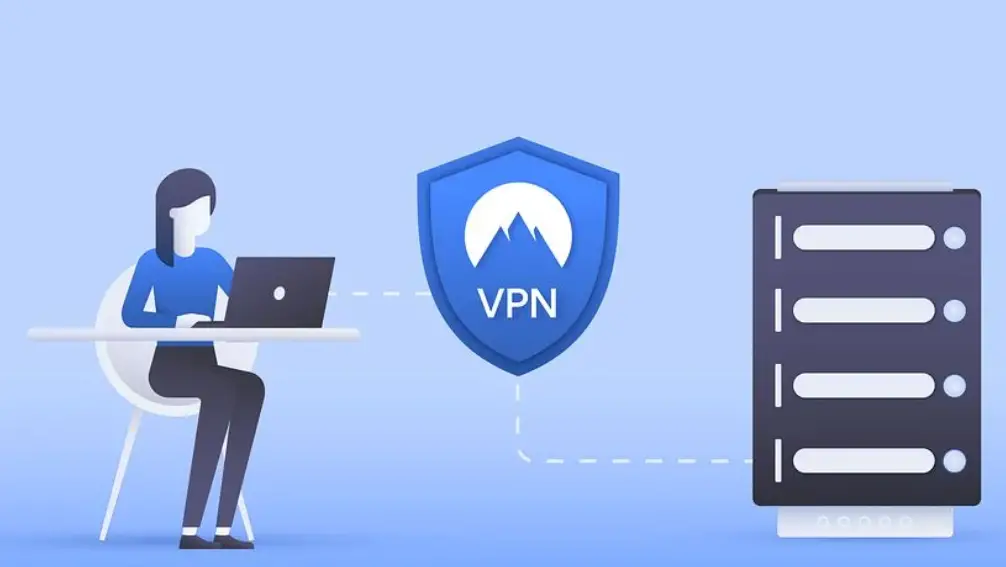
Therefore, whenever you browse the internet, the data is transmitted from the VPN server and not from your device.
The information is unreadable before getting to its destination and remains secure even when intercepted.
VPNs were initially created to connect business networks over the internet. However, over the years, they have become popular, primarily because they help bypass internet censorship.
For example, using a VPN can help you access YouTube videos that are unavailable in your country.
There are different VPN providers for you to choose from, and most of them have servers worldwide in multiple continents and countries.
VPN servers with multiple servers will be a better option as they will offer better speeds, owing to fewer users for each server.
Also, a provider with servers in more locations helps ensure you can always connect to a server, regardless of where in the world you are. The optimal VPN server will be the one closest to you and with the least load.
How Does the VPN Server Location Affect Your Online Experience?
As we’ve mentioned earlier, reputable VPN providers will have multiple servers in different places across the globe.
Whichever server you choose to connect to will impact the kind of experience you have when browsing online. Here are three reasons why the server location matters.
Bypassing Geo-Restrictions and Censorships
One of the popular reasons for using a VPN is to bypass geo-restrictions. For example, you may want to watch stream movies or any other content not available in your country.
If you’re using a VPN to bypass geo-restrictions, then you must consider the server locations.
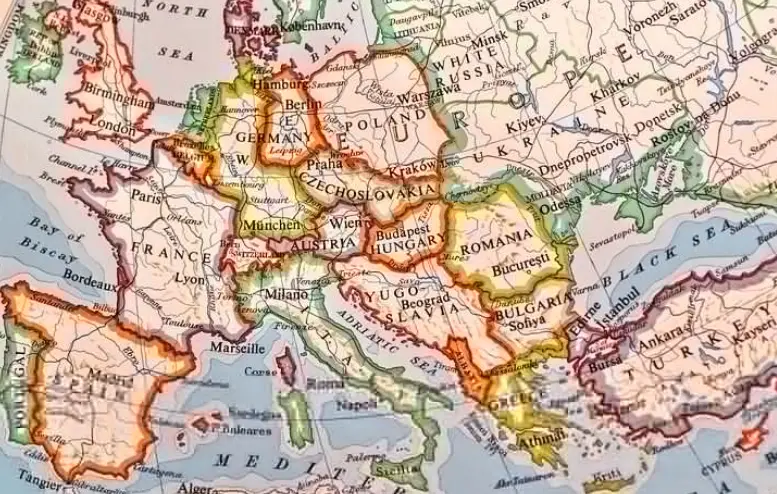
For example, popular streaming sites like Netflix often impose restrictions on the available content in certain countries. These sites use your IP address to detect your location.
Therefore, when you’re using a VPN, Netflix will read the server’s location and use that to determine the kind of content you can access.
Similarly, the server location is crucial if you’re looking to bypass censorship. Several countries have blocked platforms like Facebook, and anyone in the country cannot access them.
If you connect your browser to a VPN server in such a state, you become subject to the laws in place. Therefore, when choosing a VPN server, be sure to go for one in a less restrictive location.
Internet Speeds
Your VPN encrypts the data you’re transmitting over the internet to hide your identity. The encryption process uses time and processing power, which can slow down your internet speed.
Besides, the data needs to get to the server location before getting to its destination. If you’re connected to a server that’s further away from you, you’re likely going to have a slower connection.

However, it’s essential to note that your server’s location isn’t the final call when it comes to VPN internet speeds.
For example, even if the server is close to you, you’ll still experience slower internet speeds if you connect to a server with many users.
If the servers aren’t high-performance, your proximity won’t matter, and you’ll still have issues with your connectivity.
If your VPN server is stationed in a country with poor internet infrastructure, you’re going to feel the impact.
For example, Australia’s internet is relatively slow, and connecting to a server in this country will affect your speed as well.
Privacy
Most people use VPNs for privacy reasons. They are excellent if you’d like to browse the internet without leaving a trail behind that leads to you.
If this is the case, you need to be intentional when choosing your VPN server locations since certain countries are always watching what their citizens do on the internet.
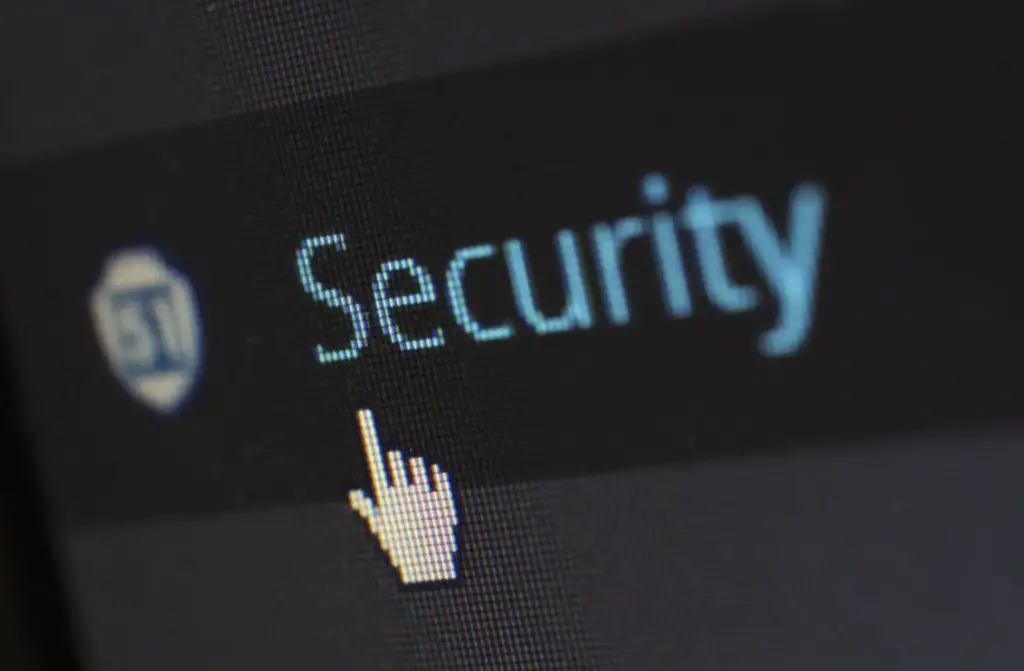
If you choose a VPN server that’s in any of these countries, the government can always access your information through specific alliances that we’ll discuss below.
Five Eyes, Nine Eyes, Fourteen Eyes
We’ll forgive you for thinking that this is a title to the latest sci-fi movie. Instead, it refers to an alliance of countries that share military intelligence among themselves.
While this may seem unrelated to VPNs, it also means that these countries monitor and collect data from their citizens so that they could share it with other members should they need it.
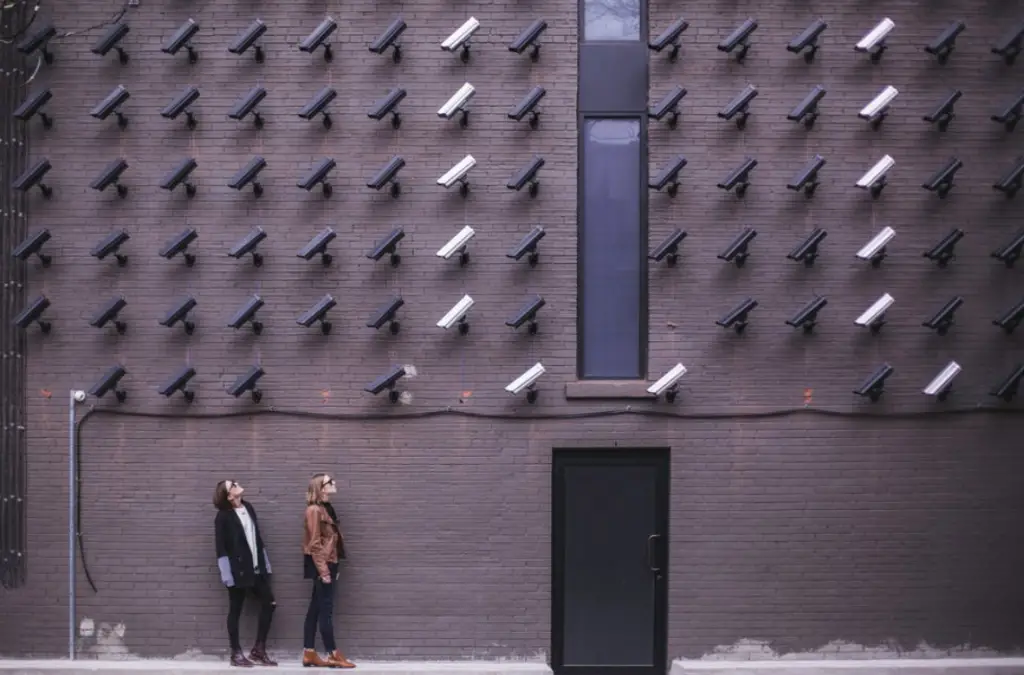
If you’re a citizen of any of the alliance countries and connect to a VPN server in another alliance member, privacy doesn’t exist for you.
Sure, your VPN data will remain encrypted, and your government cannot spy on you.
However, it could always request the other alliance country to provide your browsing data. The country that hosts your VPN server will probably comply since it’s the entire reason behind the alliance.
The Five Eyes alliance is officially made up of five countries; Australia, Canada, New Zealand, the UK, and the USA. The alliance also includes four unofficial countries; Israel, Japan, Singapore, and South Korea.
Four other countries join the Five Eyes alliance to form the Nine Eyes. These four are Denmark, France, Norway, and The Netherlands.
An additional five countries join the nine to form the Fourteen Eyes alliance. These countries are Germany, Belgium, Sweden, Italy, and Spain.
When using a VPN server in any of the countries, it doesn’t matter which alliance the state is part of. All fourteen countries share information on request using different means.
Protecting Yourself From the Eyes
Although your government may not have access to your browsing data when you use a VPN, you’re not entirely safe. Even using a ‘No Log’ VPN doesn’t ensure you’re in the clear.
Most of them will still keep track of the IP addresses connected to their servers, where they connected, and how much data they transmitted.
If you’d like to stay away from the prying eyes, here are some of the ways you could achieve that:
- Check that the VPN you’re using is genuinely a ‘No Logs’ one by browsing the internet. Ensure that no users are complaining of getting into trouble for illegal downloads.
- Choose a VPN provider outside any of the alliance countries to reduce the chances of having your browsing data shared.
- Use multiple VPN providers and ensure they are all outside the alliance jurisdiction.
- Add an extra level of security by using a Tor browser.
Choosing the Right VPN Server Location for Your Needs
When choosing the best server location, you must first understand what you want to achieve by connecting the VPN.
Your choice for the VPN server location will significantly depend on why you’re using the VPN in the first place.
Bypassing Censorships and Geo-Restrictions
Your VPN’s location directly influences the kind of content that you can unblock.
For example, if you would like to watch some content that is only available in a particular country, you must connect to a server that’s there.
For example, Netflix offers personalized content for the different countries where it’s available.
The content in the US is not the same as that in the UK. If you’d like to stream the UK-only content, you must connect to a server in the country.
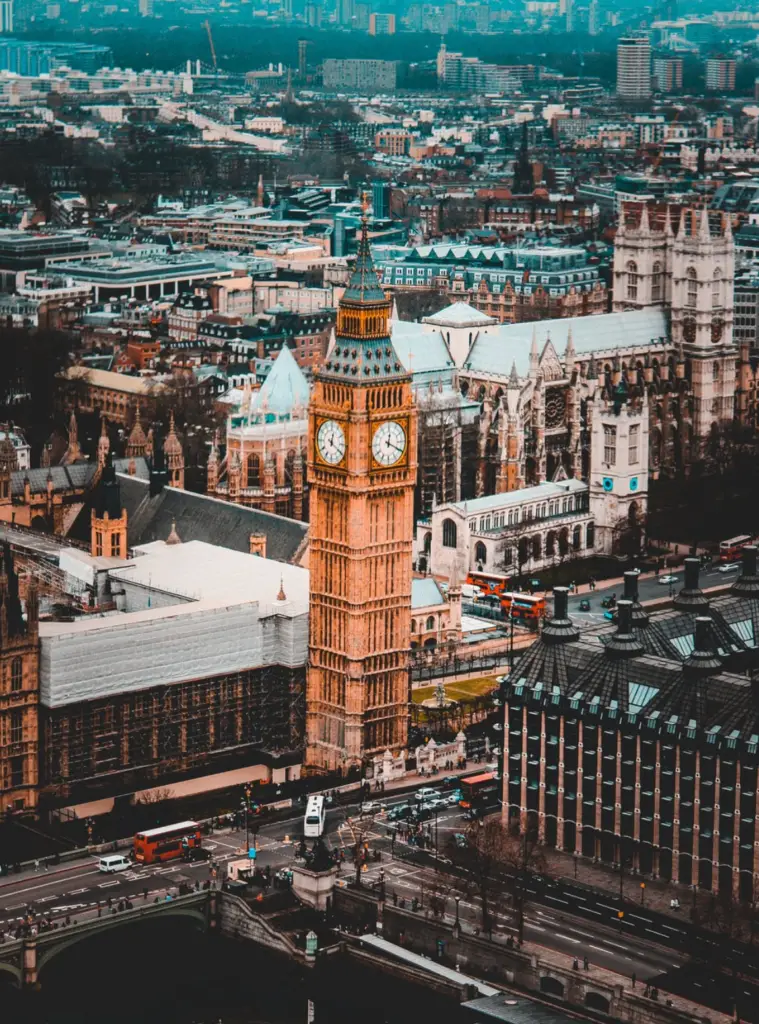
If you’re trying to bypass certain government censorships, the same principle applies.
For example, citizens who live in countries where social media platforms like Facebook are blocked need to use a VPN server in a country with no such restrictions.
The best server location for bypassing geo-restrictions is any that isn’t in your country.
For streaming purposes, choose a server that’s in the US to help improve your experience. You’ll have access to a broader range of shows.
Fast Internet Speeds
When using a VPN, your internet speed depends on the distance to the server and its load. The longer the distance the data has to travel to be transmitted, the slower your internet connection will be.
If your VPN server is positioned in a country with poor internet infrastructure, the load times and page speed will be even worse.
A server’s load refers to the number of users on that server at any time. A server that has a more significant load will slow down your internet speed.
If you’re looking for a VPN server that will allow fast internet speeds, your best bet will be one that’s closest to you. At times, this could even be one in your own country.
To find the VPN server location with the fastest internet speeds, you can use your VPN provider’s Speed Test feature.
Another feature some VPN providers have for identifying the optimal location for fast internet speeds is the Smart Location feature.
Privacy
All VPN providers help to protect your data and maintain privacy when browsing the internet.
However, if you live or use a server from any alliance countries, that government could share your browsing data upon request.
If privacy is an essential issue for you, you should avoid any alliances when choosing a server location.
These countries have data retention laws that restrict VPN companies from keeping no logs completely.
Downloading Torrents
Besides the points we’ve highlighted above, you need to consider the server that allows P2P (Peer-to-Peer) traffic if you’re interested in torrenting.
If you intend to download torrents, you should connect to a VPN server with P2P support. VPN servers need to comply with the laws in the country where their servers are.
If a state prohibits torrenting, the VPN servers there will not allow P2P sharing.
There are also VPN developers that place a limit on the quantity if torrents clients can download or upload.
Having this in mind will help you make a more informed choice on which VPN provider to use for your torrenting needs.
Most of the US-based VPN providers prohibit torrenting, and therefore, don’t support P2P sharing. When choosing your VPN provider, go for one that tells you which servers support P2P and which ones don’t.
Usually, such servers will be in countries where torrenting isn’t a legal problem, such as Mexico, Spain, Romania, and The Netherlands.

Is It Safe to Connect to a VPN Server in Your Own Country?
You’re probably skeptical about using a VPN server in your own country. However, as we’ve mentioned, it could be the ideal choice if you’re looking for an option that allows you to browse at lightning-fast internet speeds.
A VPN server based in your country will function in the same way as other servers. You will still have your browsing data encrypted and secured from your internet service provider.
However, just as is the case with choosing a VPN server outside your country, your choice will depend on why you need the VPN.
If you’re using the VPN to bypass government restrictions, a server in your country will not do much.
Similarly, it may not help you entirely if you’re in any alliance countries and are looking to use the VPN to maintain your privacy when browsing.
In general, using a VPN in your country allows you to bypass restrictions from your Internet service provider. However, it will still be subject to restrictions that apply to your country.
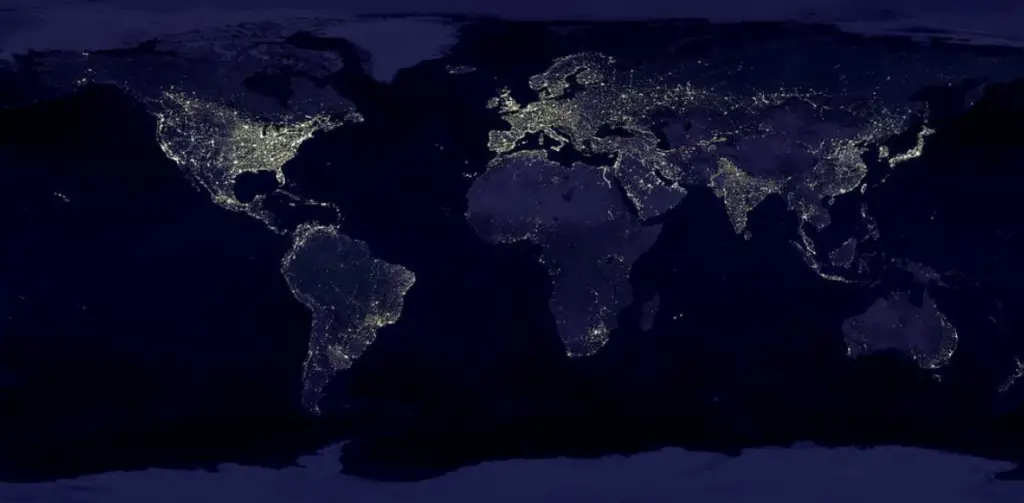
Which Countries Have the Best VPN Server Locations?
The best countries for VPN server locations usually don’t have laws to monitor how their citizens use the internet. Instead, the laws in place protect the consumer and the regular internet user.
Therefore, VPN companies in such countries can easily follow no-log policies, making them a better choice for privacy and security purposes.
Here are some of the countries you should go for when choosing an ideal server location.
The British Virgin Islands
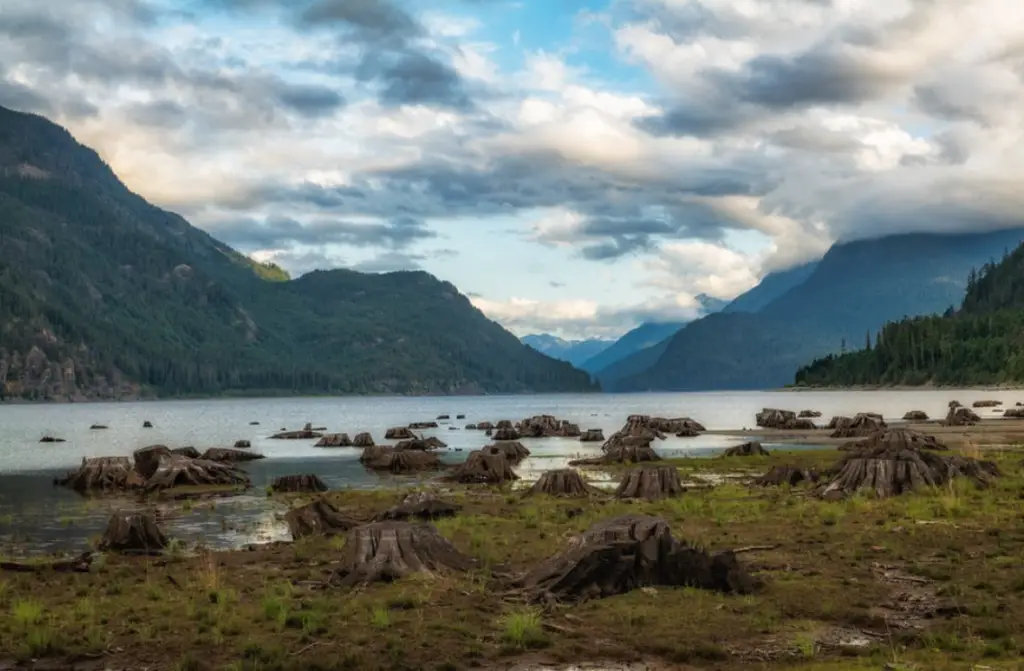
The British Virgin Islands (BVI) has no data protection enacted. VPN companies in the country can provide their service without keeping any logs on their users.
The BVI is even home to some of the best VPN providers, including ExpressVPN and Surfshark.
Switzerland
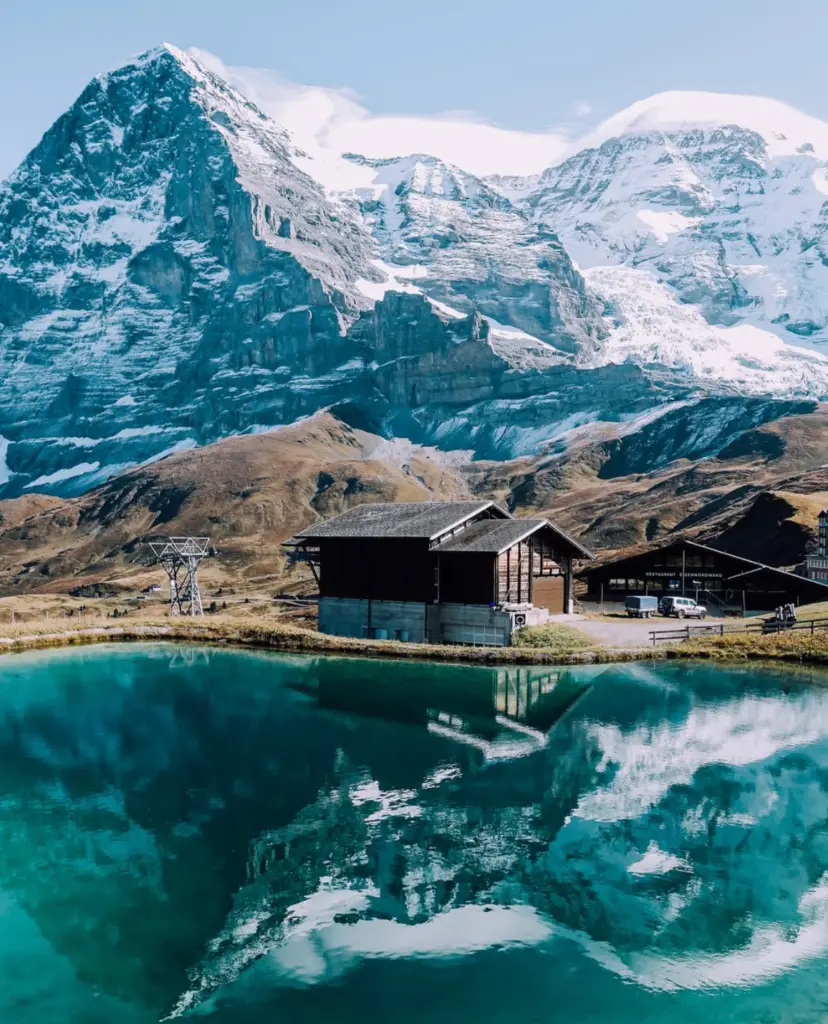
Switzerland is one of the best countries when it comes to internet privacy. The country has strict laws that bar data collection from internet users without informing them.
The privacy locations in the country make Switzerland an ideal state for VPN service providers.
Additionally, Switzerland isn’t part of the European Union, which means that the country doesn’t share your information with other European countries.
An excellent VPN service that is based in the country is VyprVPN.
Panama
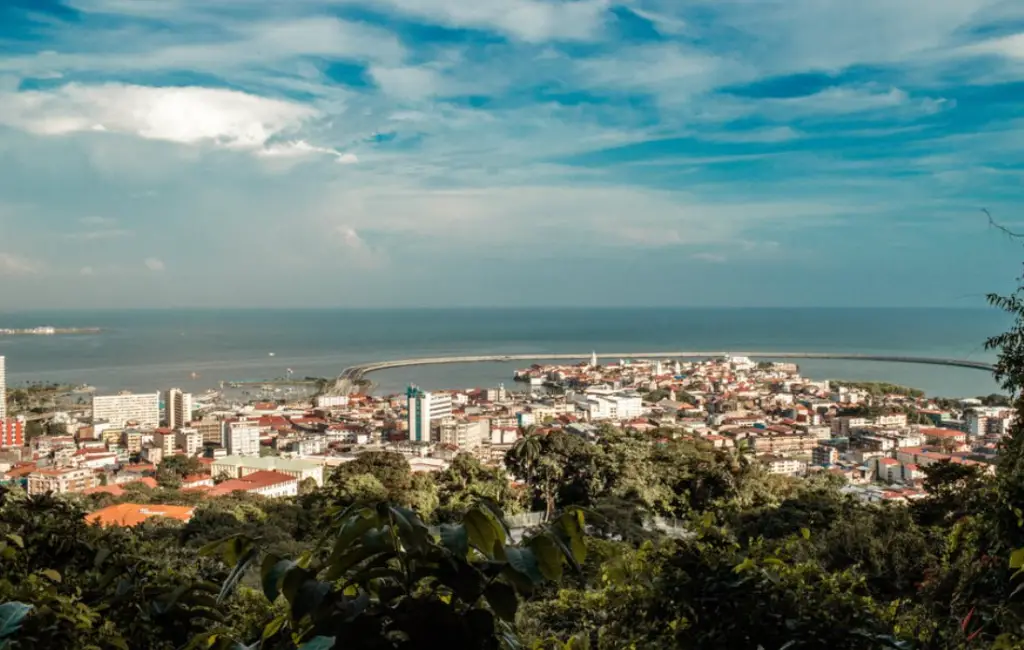
Panama also doesn’t have any privacy laws that require data retention. Therefore, VPN service providers can operate in the country without keeping their users’ personal information.
One of the most reputable VPN providers is NordVPN, which is Panama-based.
Iceland

Iceland is among the safest places in the digital world. For one, the country has refused to join the alliance of countries that share intelligence.
Secondly, Iceland’s laws ensure all citizens can access data from service providers without bias or restrictions and are protected by the Data Protection Act.
Though Iceland’s authorities require telecommunication companies to keep their records for about six months, this information is only used for criminal or public safety cases.
These data retention laws are, therefore, not a problem for VPN users.
Malaysia
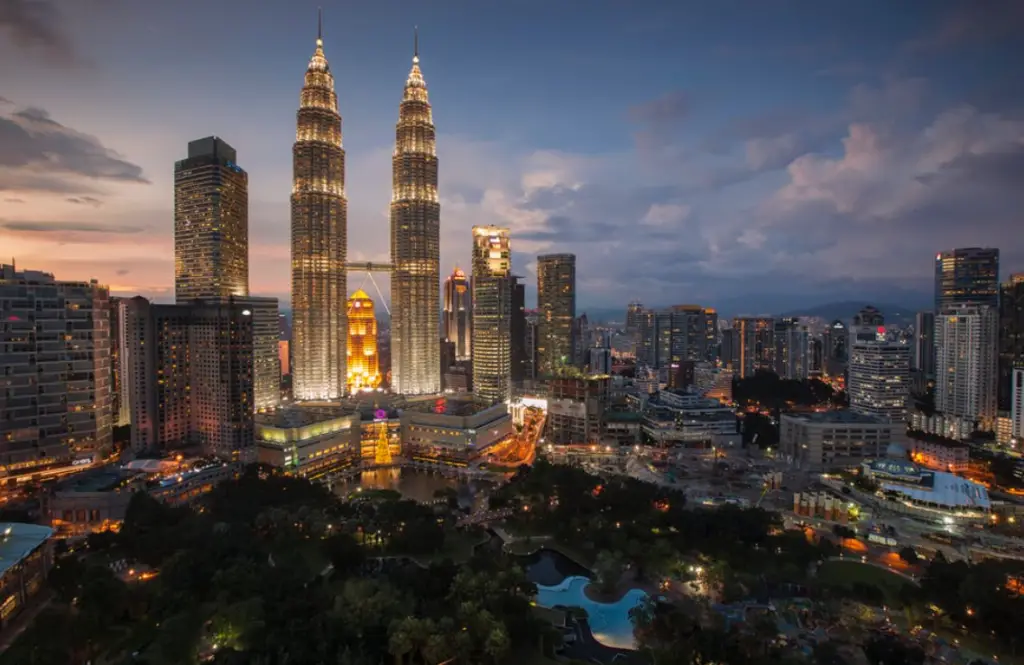
The Personal Data Protection Act in Malaysia helps protect internet users and prevent their data from being misused. The act was established in 2010 and has since undergone several amendments.
One of the best things about this law is that it applies to companies that use equipment in the state to transmit and process personal data.
Therefore, if your VPN server is in Malaysia, this law protects your web browsing data.
Romania
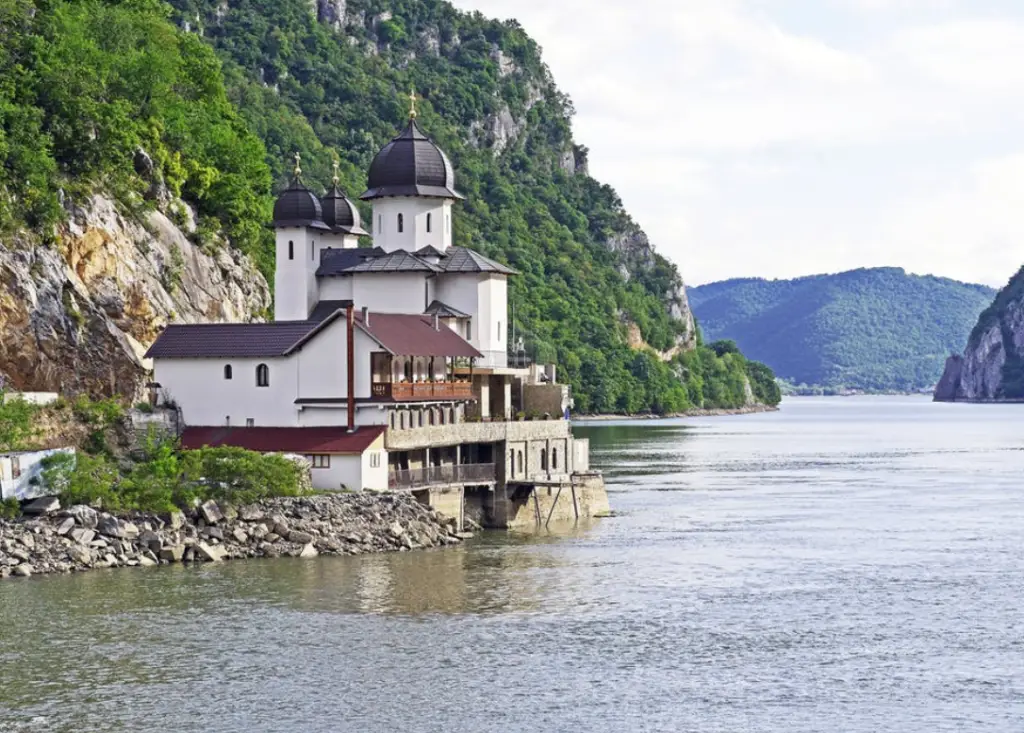
Although Romania is part of the EU, it does not comply with all of the laws, particularly the Data Retention Directive of 2006. Romania nulled the law since it violated its citizen’s right to privacy.
Romania is the only country in the EU to appeal against the Data Retention Directive. An excellent example of a VPN service provider in the country is the Cyberghost VPN.
Parting Shot
Your server location will determine quite a lot, including how fast you can browse the internet. Therefore, you need to put some thought when choosing your VPN server location.
VPN providers often have multiple servers across the world. When choosing one to use, you’ll need to consider several factors depending on what you need from the VPN.
You can always choose a server in your country, but this may present some challenges. Don’t worry; you can always go for any of the countries we’ve listed in this article that have fewer data restrictions.
Sources
- Namecheap: How Does VPN Work?
- What is My IP Address? : Tor-An Amazing Browser that Flies Under the Radar
- What is My IP Address: Why VPN Jurisdictions Matter?
- Quora: Is it Safe to Use a VPN Server Located in Your Own Country?
- Find Your VPN: Does VPN Server Location Matter?
- CyberWaters: Does VPN Location Matter?
- Find Your VPN: Here’s How to Choose the Best VPN Servers and Server Locations
- Smarty DNS: How Do You Choose the Best VPN Server Location?
- Cactus VPN: How to Choose the Best Server Location
- VPN reports: These are the Best Countries to Connect to Using VPN

